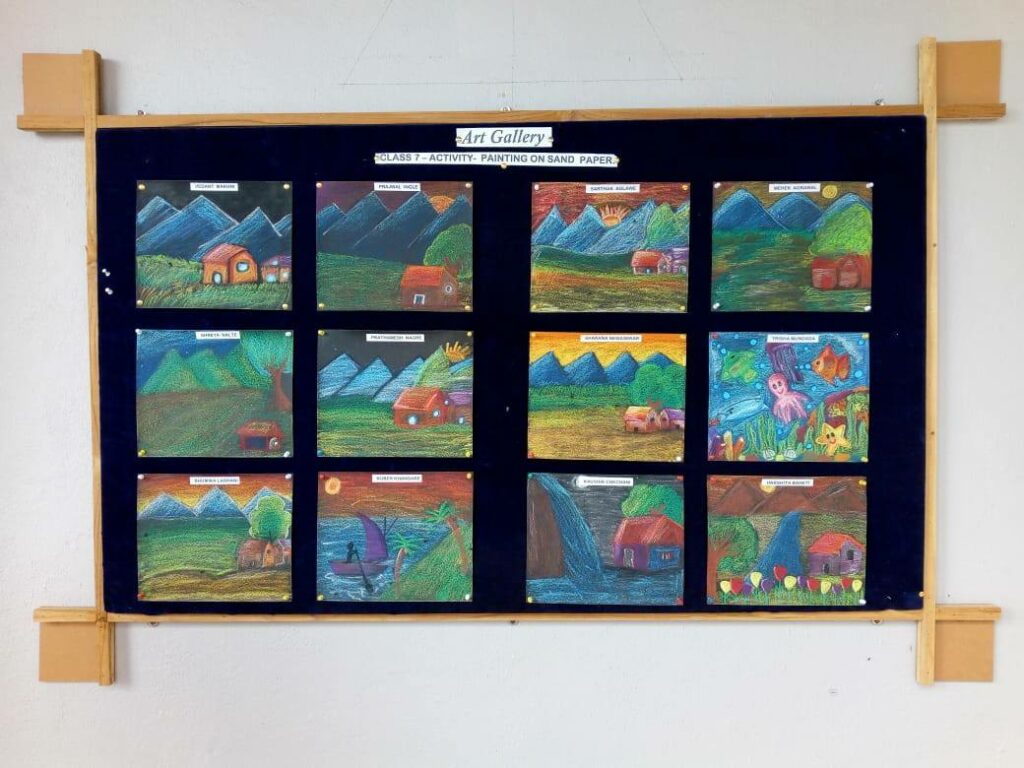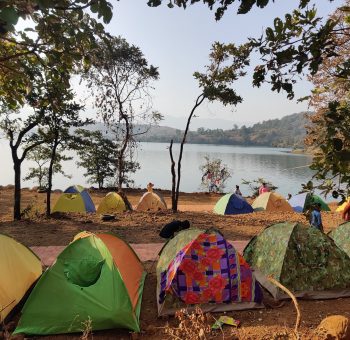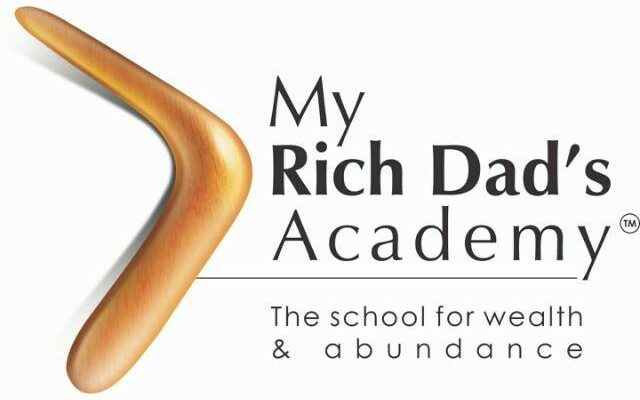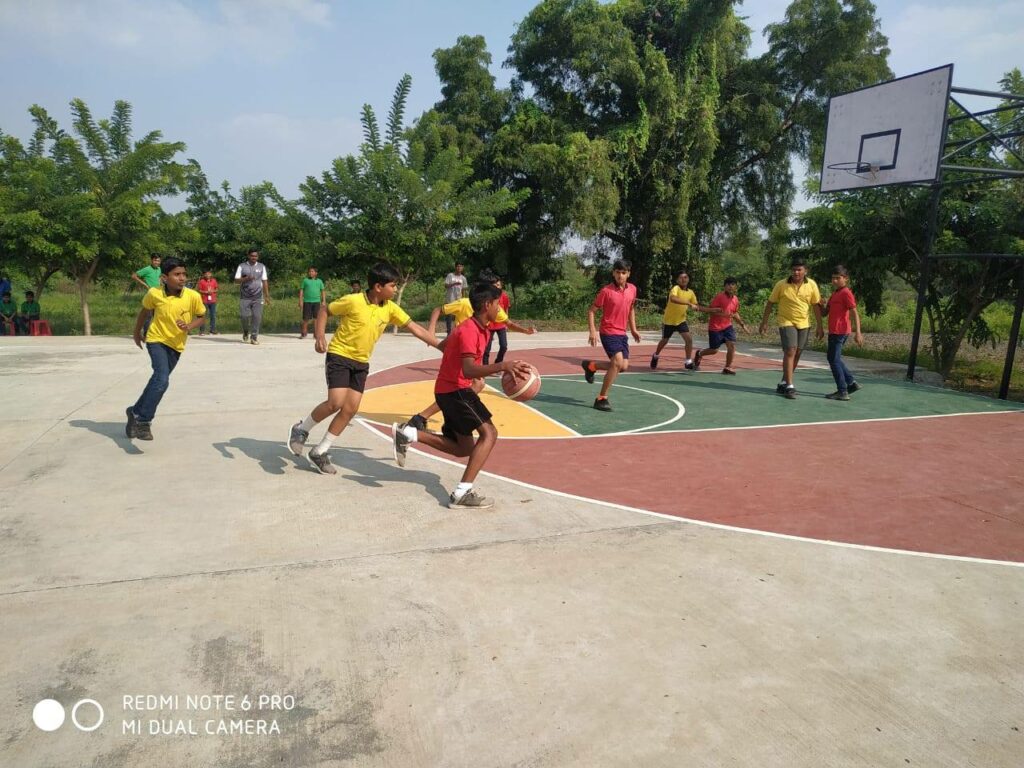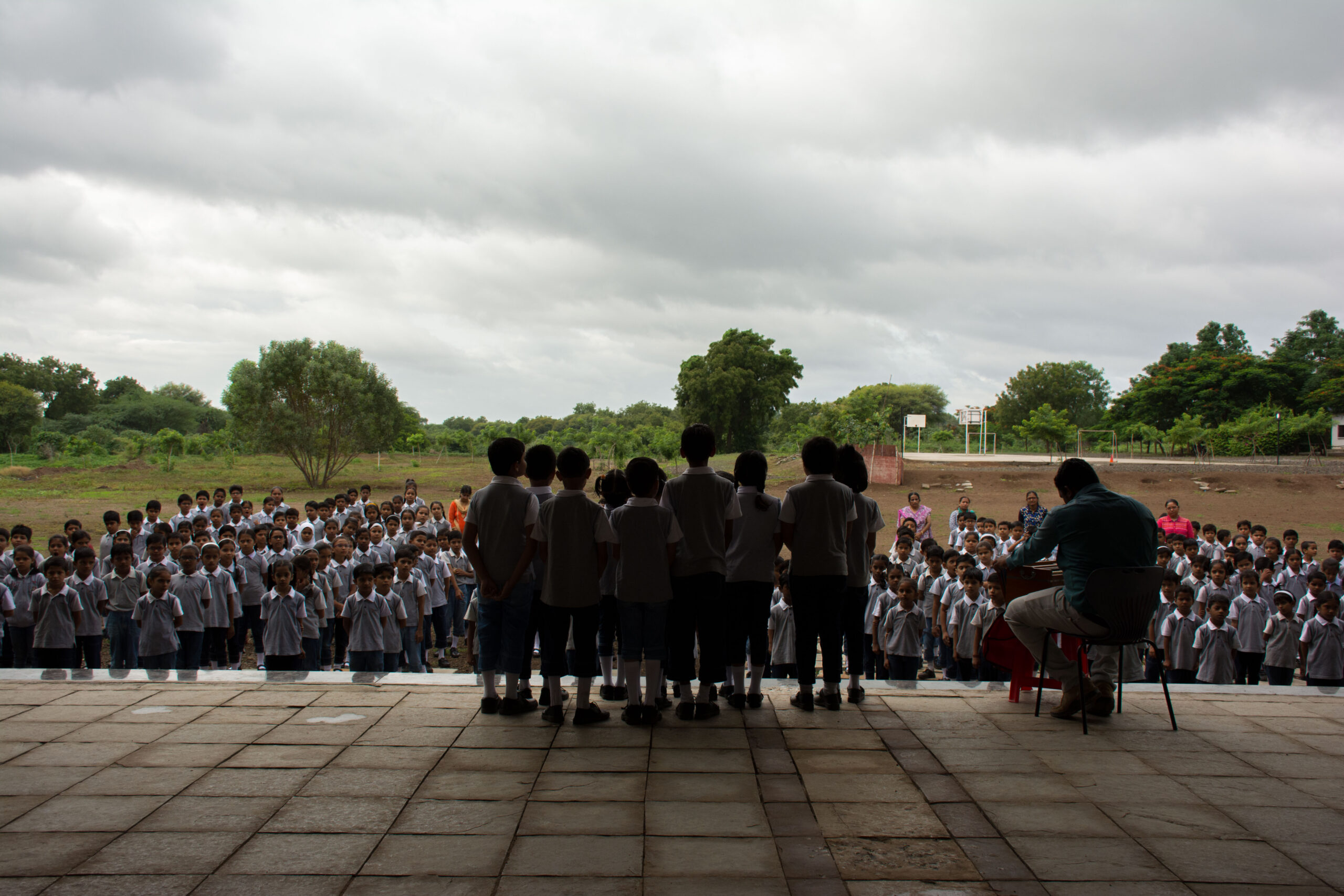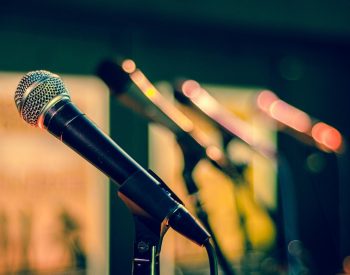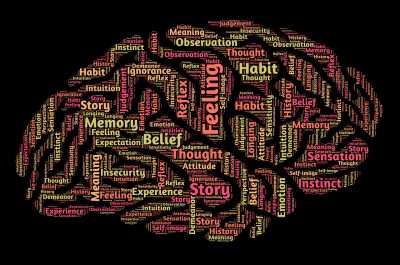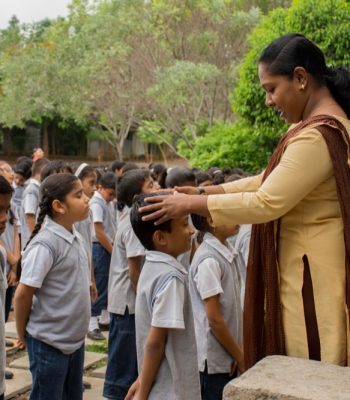New research in the fields of psychology, education and neuroscience shows teaching meditation in schools is having positive effects on students’ well-being, social skills and academic skills.
Our Students who are taught meditation at school reported higher optimism, more positive emotions, stronger self-identity, greater self-acceptance and took better care of their health as well as experiencing reduced anxiety, stress and depression. This was compared to before the meditation programs and compared to peers who were not taught meditation at school.
Meditation also helps the social life of students by leading to increases in pro-social behaviour (like helping others) and decreases in anti-social behaviour (like anger and disobedience).
Finally, meditation was found to improve a host of academic and learning skills in students. These included faster information processing, greater focus, more effective working memory, more creativity and cognitive flexibility.
How meditation is taught ?
“Mindfulness” meditation is one of the more popular practices being taught at schools. It involves a three-step mental process where students are asked to:
- focus their attention on a particular target (for example their own breathing, a sound, a sensation);
- notice when their attention has wondered away from the target;
- bring their attention back to the target.
Students are asked to do this without being judgemental and with a curiosity that allows them to identify patterns in their thoughts and feelings. This leads to a clearer mind and a more peaceful outlook.
Examples of mindfulness techniques include teachers striking a music triangle or bell and asking students to pay attention for the exact moment where the sound turns into silence, giving students a piece of chocolate or a slither of chilli, asking them to place the food on their tongue and then pay close attention to what is happening to their taste buds, their salivary glands and the temperature in their mouth; or asking students to clap their hands forcefully for 20 seconds and then observe the physical after-effects such as tingling and pulsing in the palms.








